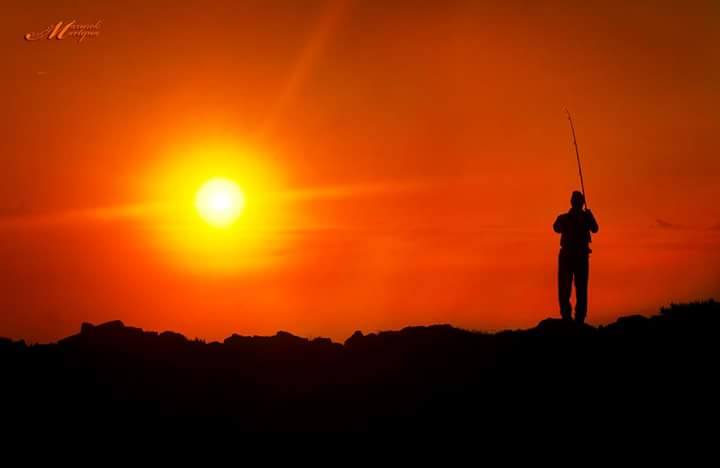
The days of closure of the bream species in the area of the Natural Park of Costa Vicentina and Southwest Alentejo (PNCVSA) are numbered. The repeal of this temporary ban on recreational fishing will be published in the Diário da República «as soon as possible», guaranteed the Secretary of State for Fisheries José Apolinário, at a meeting he held with the Portuguese Coast Fishermen's Commissions, in Aljezur.
José Apolinário and Célia Ramos, Secretary of State for the Environment and Spatial Planning, met with the commissions representing recreational fishermen, mayors of Costa Vicentina and directors of the Forests Nature Conservation Institute (INCF), last week . Deputies to the Assembly of the Republic also attended the meeting.
A first draft of the ordinance that will be published shortly, to which the Sul Informação had access, revokes the period of closed seabream fishing, while increasing by one month the period of banning the collection of wrasses, a suggestion put forward by recreational fishermen.
At the meeting, in addition to the guarantee that the sea bream species will end, for recreational fishermen, a response was promised on a possible review of the recreational fishing restriction areas (partial type one) in the PNCVSA "at the end of April" , revealed the fishermen's commissions, in a press release.
This was, by the way, the hot topic of the meeting. For commissions and mayors, "there have never been any scientific studies for the implementation of these areas, there has never been any evidence of monitoring or any signage". Taking this into account, the existing restrictions "are a political position".
The recreational fishermen accuse the authorities of having a very different attitude in relation to other activities that take place in the PNCVSA's area of influence, such as "intensive agriculture and prospecting for hydrocarbons", ironically saying that "the culprits for the disappearance of the species are the fishermen'.
The recreational fishing commissions will await the Government decision "with attention" and are open to dialogue with the Government, in order to create conditions for the populations living in these areas "to have social peace".


















Comments